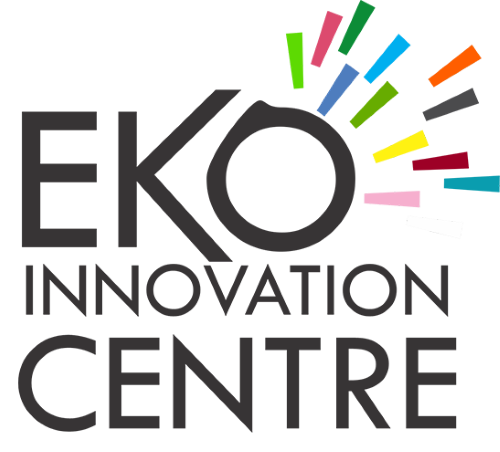As we step into 2025, startups and businesses face an evolving landscape filled with both opportunities and uncertainties. From economic fluctuations to technological advancements, the ability to innovate and scale sustainably has never been more critical.
According to McKinsey, African startups are projected to contribute $2.6 trillion to the continent’s GDP by 2030, underscoring the immense potential of the ecosystem. However, with 61% of startups failing due to product-market fit challenges and mismanagement of funds (Statista), entrepreneurs must be strategic in navigating their growth journey.
Key Challenges Facing Startups in 2025
Several factors will shape the startup ecosystem in 2025:
• Market Volatility: The Nigerian Naira is expected to continue weakening (Veriv Africa), impacting infrastructure costs and investment potential.
• Lack of Support Systems: According to the African Development Bank (AfDB), the absence of adequate incubators, accelerators, and mentorship programs impedes startup growth.
• Regulatory Hurdles: Evolving policies and compliance requirements may pose challenges for scaling businesses.
Strategies for Startup Success in 2025
1. Understanding the Market
Startups must go beyond traditional market research and identify both the gap in the market and the market in the gap. This means:
• Conducting deep structural industry analysis (examining market structure, barriers to entry, regulatory factors, and technological trends).
• Adapting business strategies based on real-time customer insights and competitor analysis.
2. Validating the Business Model
To avoid resource misalignment, startups should test key business assumptions in a controlled environment before scaling. This involves:
• Launching Minimum Viable Products (MVPs) to gauge market response.
• Leveraging customer feedback loops to refine offerings.
3. Flexibility and Resilience
The ability to pivot and adapt proactively is key to surviving market shifts. Companies must:
• Embrace an agile development approach—iterating on products based on market feedback.
• Build a culture of continuous learning and adaptation to navigate economic and technological uncertainties.
4. Reinventing Success: The Sigmoid Curve Approach
Success isn’t linear; businesses must reinvent themselves before they reach a plateau. The Sigmoid Curve model suggests that startups should:
• Innovate before their current growth phase stagnates.
• Invest in new technologies, partnerships, and market expansion strategies before hitting growth ceilings.
Conclusion
Navigating uncertainty in 2025 requires a proactive, agile, and strategic approach. By embracing market-driven innovation, flexible business models, and smart scaling strategies, startups can position themselves for long-term success.
At Eko Innovation Centre, we are committed to supporting startups with the tools, mentorship, and insights needed to thrive in an evolving business landscape. Through our accelerator programs, startup initiatives, and expert-led sessions, we empower founders to innovate, scale, and create lasting impact.ams and join our thriving network of entrepreneurs.
